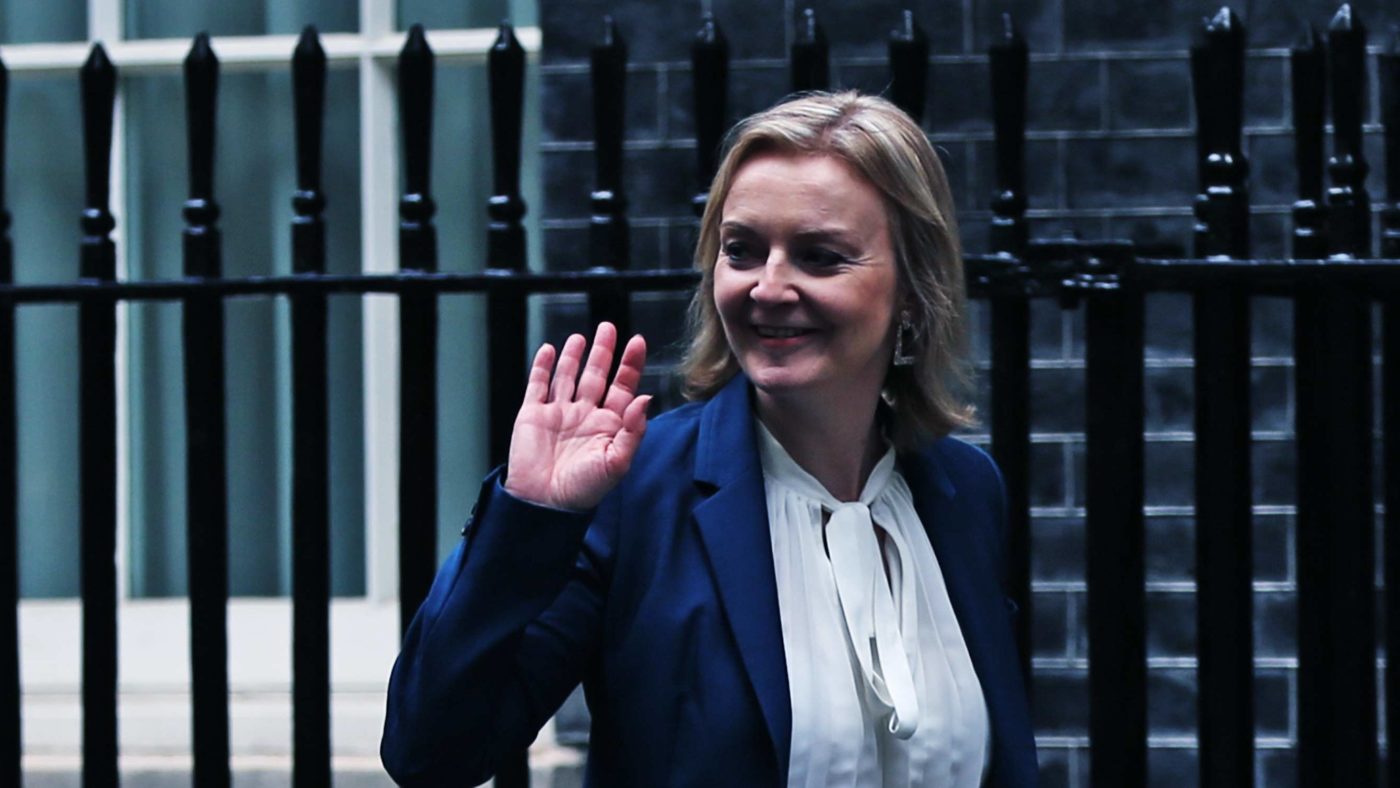Foreign Secretary Liz Truss today sets out a vision for global development based on the fundamental principle that free trade is the way to raise people out of poverty.
Not everyone working in development shares this belief in the importance of trade liberalisation, competitive markets and property rights protection. So it is up to the community of nations that does share these values, this ‘network of liberty’ as the Foreign Secretary describes them to bring more countries into their orbit and away from the pernicious and corrosive orbit of authoritarian or corrupt countries – the most obvious example of which is China’s Belt and Road initiative.
To achieve this, the UK has become the first country develop a serious and comprehensive architecture to counter the effect of China’s investment initiatives in Asia, Africa and Latin America. It starts with a revamped British development finance institution that will invest billions in infrastructure and technology in low and middle-income countries across Asia, Africa and the Caribbean.
The new body, British International Investment (BII), will be a key part of the Government’s wider plans to mobilise up to £8bn a year of public and private sector investment in international projects by 2025. This will include BII partnering with capital markets and sovereign wealth funds to scale up financing and help the private sector get involved. This will provide developing countries with alternatives to financing from China, which in some cases contains extremely onerous terms.
Until now the Commonwealth Development Corporation (CDC) has handled UK investment into regions such as Africa and the Caribbean – but what is happening today is much more than the mere renaming of this group. It is a major revamping of the way the UK is prosecuting its geostrategic objectives – especially in one of the most important geo-political and geo-economic regions, the Indo-Pacific. Previously, government departments with different and sometimes inconsistent agendas clashed in their target markets. Now there is an opportunity for those departments to speak with one voice.
It is crucial that poorer countries have choices and are not forced to load up their accounts with debt from regimes that do not subscribe to the values that will actually result in sustainable economic growth, shared fairly with their people.
The UK has much to offer here not just in the raw investment necessary, but in ‘teaching a man to fish’. The technical know-how and expertise that UK PLC commands – through its army of law firms, consultants, professional advisers and so on – is unparalleled, and can ensure best practice is deployed in these countries.
In addition, the ability to launch Special Economic Zones in developing countries (not unlike the UK freeport programme) which contain not just tax breaks and customs and trade facilities, but also localised regulatory reforms, could be an alternative development mechanism for these countries. The economic growth that results in these zones will challenge the statist agendas and distorted markets that pervade too many countries that can ill afford them.
The development of special zones on global trade superhighways is a trend that pre-existed Covid, but has been accelerated by the pandemic. The challenge for countries will now be whether they are relevant to fast moving global supply chains that are undergoing unprecedented change as a result of Covid, and also geo-economic shifts such as Brexit. A premier league of nations which have the regulatory environments to attract elements of the global supply chain will emerge, and those countries that are not in this league will lose out.
This approach supports our trade objectives, our development policy and our foreign and geo-political objectives. It also demonstrates much needed leadership where the current vacuum has allowed the Chinese and Russians to jump in with the siren call of free cash, seemingly unfettered by the demands for economic liberalism that often attach to support from the West. But attending to these voices comes with a high price, as some developing countries have already learned to their cost. Some have even had land revert to the foreign investor for any breach of contractual terms.
The actions the UK is now taking demonstrate the kind of leadership that is needed to bring on board countries who benefit from competition-based free markets. The result will be to grow the global economy, to lift the poor out of poverty and to enhance the UK’s leadership role in the world by harnessing the power of its private sector.
Click here to subscribe to our daily briefing – the best pieces from CapX and across the web.
CapX depends on the generosity of its readers. If you value what we do, please consider making a donation.


